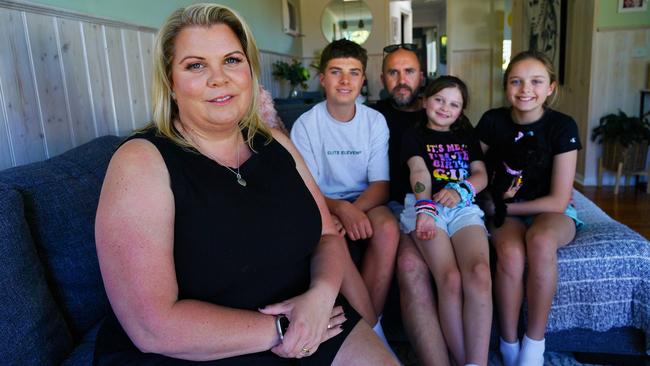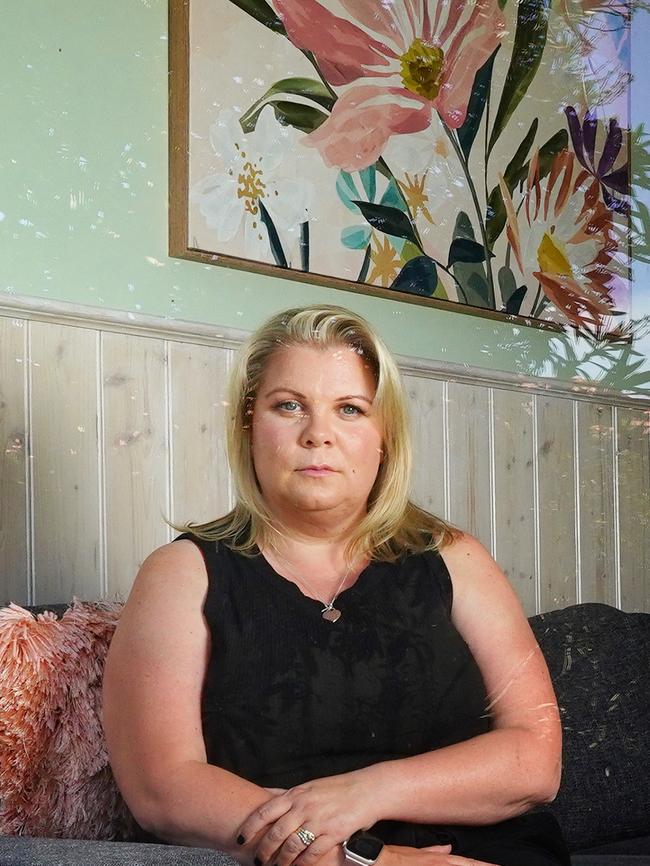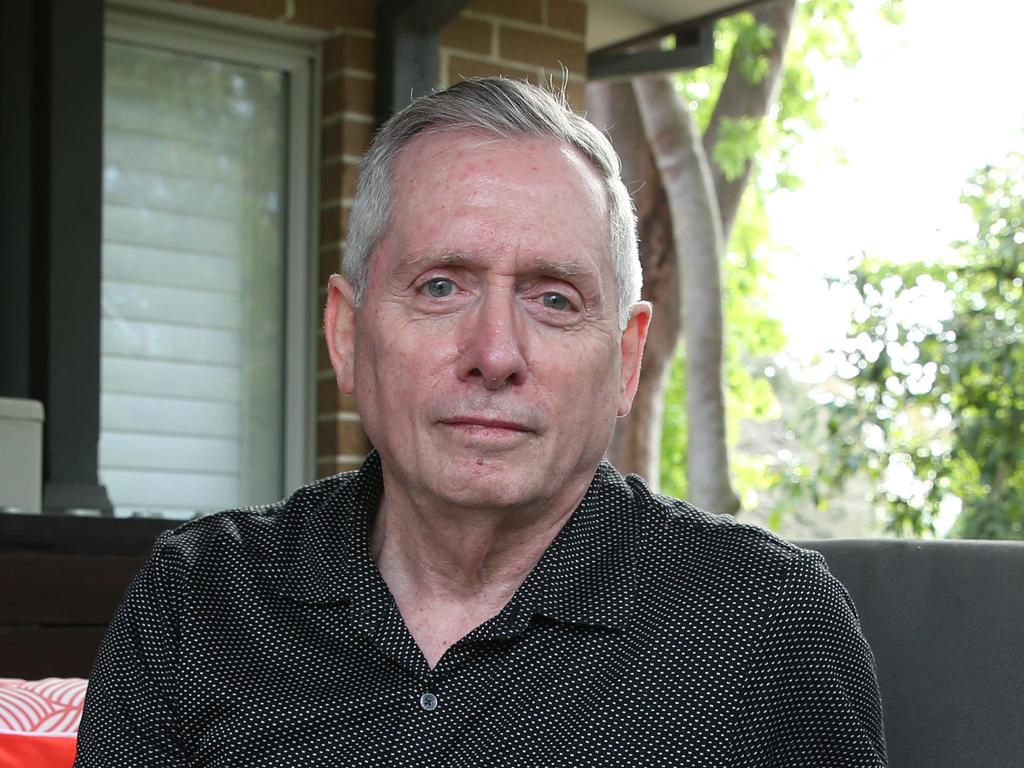‘Brighter future’ for blood cancer patients battling rare condition
Mycosis fungoides affects three in every million Australians; for those few sufferers it is a near-constant agony that renders the threat of hospitalisation constant.

Annerley Juhlin-Beeck, a Melbourne mother of three, could not contain her shock when a long-delayed dermatology appointment resulted in a cancer diagnosis.
She now thinks of it as a moment of “sheer luck”.
In 2022, Ms Juhlin-Beeck was diagnosed with the rare lymphoma Mycosis fungoides, an incurable blood cancer that can cause constant painful and dangerous skin rashes.
Two years later, the availability of a new treatment has provided her a “brighter future”.
“I was diagnosed quite early, and it really was by sheer luck. My doctor is overly cautious with things (and) she saw this rash on my hip, and instructed me to take some gel and medication,” Ms Johlin-Beeck said.
“Unfortunately, I didn’t, which actually probably was fortunate, because she then sent me … to a dermatologist. It was about six to seven months to see a dermatologist, so I waited. At no time was I ever under any kind of inclination that this could be something quite sinister.”
Diagnosing MF ahead of its progression is extremely difficult given only 2000 Australians are estimated to have it, and few clinicians are aware of its warning signs.
From November, Ledaga gel is subsidised under the Pharmaceutical Benefits Scheme, providing the first new MF treatment in decades, and allowing more patients to avoid hospital visits.

A non-invasive medication, it prevents the progression of MF from the skin into the bloodstream or organs and lymph nodes.
“Number one, no one ever wants to be told that they have cancer. Number two, you don’t want to ever be told that it’s incurable. The third part is, you don’t want to be told it’s extremely rare – but I got all three of them,” Ms Johlin-Beeck said.
“I am very lucky that I’m currently in the stage of my disease being managed … I can relatively live the life I did previously. But it is a relentless disease.
“For those of us living with MF, Ledaga represents both a lifeline and a shift toward a brighter future. To others on this journey … we can look forward to more advancements, greater support, and the strength to face tomorrow with optimism.”
Currently only four hospitals nationwide can deliver effective treatment for MF, but by supplying Ledaga to chemists, patients are expected to have greater agency over the circumstances of their treatment.
“Sadly, this condition is incurable, and patients suffer from pain, constant itch and often the cosmetic impact of the disease involving their skin,” haematologist Miles Prince said.
“Something that can be easily applied and one that is so effective is life-changing for my patients.”
Peter MacCallum dermatologist Chris McCormack said it would “broaden patient options and improve their quality of life: physically and mentally”.
Ledaga was developed and delivered by Australian pharmaceutical group Arrotex as the pilot medication for its innovation hub program. The medication was provided to Australia in collaboration with Singaporean healthcare company Juniper Biologics.





To join the conversation, please log in. Don't have an account? Register
Join the conversation, you are commenting as Logout